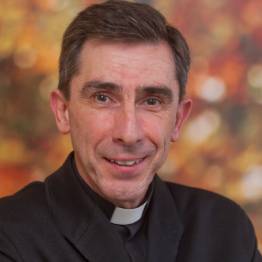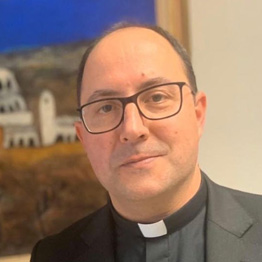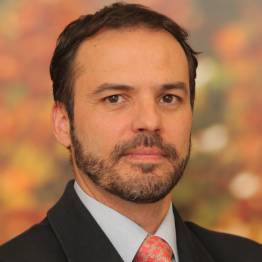presentation
The proclamation, recognition and guarantee of the divine demands of Christian freedom in the various dimensions of the life of the faithful and of all people are tasks of the Church. This Symposium focuses on freedom as an ecclesial juridical good and a basic aspect of Canon Law, with the purpose of deepening the appropriate relationship between hierarchical and charismatic gifts and their impact on synodality.
First of all, the aim is to historically situate freedom, as a legal good, in the framework of the evolution of Canon Law and to deal with some fundamental aspects, such as the rights of freedom of the faithful or the distinction between public and private in Canon Law
However, it is in the sphere of the manifestations of freedom - sometimes misunderstood and even under suspicion - that a more attentive reflection is necessary: freedom of association, freedom (staff, family and associate) in the field of catechesis, theological training , autonomy in the management of goods, freedom in the field of the manifestation of opinion or Chair, among others, will be the object of specific treatment during the sessions.
The congressional reflection culminates with a reference letter to the instruments identifiable in the field of Administrative Law or Criminal Law that the canon law places at the service of the authority for the defense, promotion and guarantee of freedom, such as surveillance measures or even the classification of criminal conduct.
Program
NOVEMBER 19, 2025 2025
Wednesday
9:15 Reception of participants
9:45 a.m. Opening
Session 1: Freedom, Authority and Charisms in the Church
10.00 The fundamental rights concerning the freedom of the faithful. Their place in canonical reflection and in the current praxis of government.
Petar Popovic. Pontifical University of Santa Croce. Rome
10.45 The canonical integration of the gifts of freedom, hierarchical gifts and charismatic gifts.
Arturo Cattaneo. Faculty of Theology of Lugano.
11.30 Break
12.00 Origin, usefulness and shortcomings of the distinction between public and private in Canon Law.
Andrea Bettetini. Catholic University of the Sacred Heart. Milano
12.45 colloquium related to the three lectures
13.30 End of morning work
16.15 Criteria of ecclesiality and criteria of grade of the associations of the faithful as public or private.
Jorge Otaduy. University of Navarra
17.00 The scope of freedom of association in the Church What integration of associations and movements in the dioceses?
Luis Navarro. Pontifical University of Santa Croce. Rome
17.45 colloquium on the two lectures
18.15 End of the afternoon's work
NOVEMBER 20, 2025 2025
Thursday
Session 2: Manifestations of freedom in the communion of the Church
10.00 catechesis and the principle of subsidiarity: pastoral plans, schools, movements and parental authority.
Beatrice Serra. La Sapienza University. Rome
10.45 The freedom to evangelize and to give and receive training, staff or in association.
Costantino Fabris. University Roma Tre
11.30 Break
12.00 Freedom of teaching. Catholic and Christian-inspired school.
Gabriela Eisenring. Faculty of Theology of Lugano.
12.45 colloquium related to the three lectures
13.30 End of morning work
16.15 Freedom within associations and movements.
Elisa Lisiero. Pontifical University of Santa Croce. Rome
Session 3: The Service of Authority to Freedom in the Church
17.00 The vigilance of the authority as a service, stimulus and guarantee of the juridical good of freedom in the Church. Instruments of vigilance.
Antonio Viana. University of Navarra
NOVEMBER 21, 2025 2025
Friday
10.00 Vigilance and autonomy in the management of goods at the service of the Church's mission statement
Jesús Miñambres. Pontifical University of Santa Croce. Rome
10.45 The criminal guarantee of freedom: the crime of abuse of authority (c. 1378 § 1) and others.
Matteo Visioli. Pontifical Gregorian University. Rome
11.30 a.m. colloquium related to the two lectures
12.00 Closing
Organising Committee
Mr. Jorge Otaduy
Chairman
jorotaduy@unav.es
Mr. Jorge Castro
board member
jctrapote@unav.es
D. Eduardo Flandes
Secretary
eflandes@unav.es
SCHOOL OF CANON LAW
31009. Pamplona. Spain
T 948 425 600
(Ext. 802610)
tmugica@unav.es



